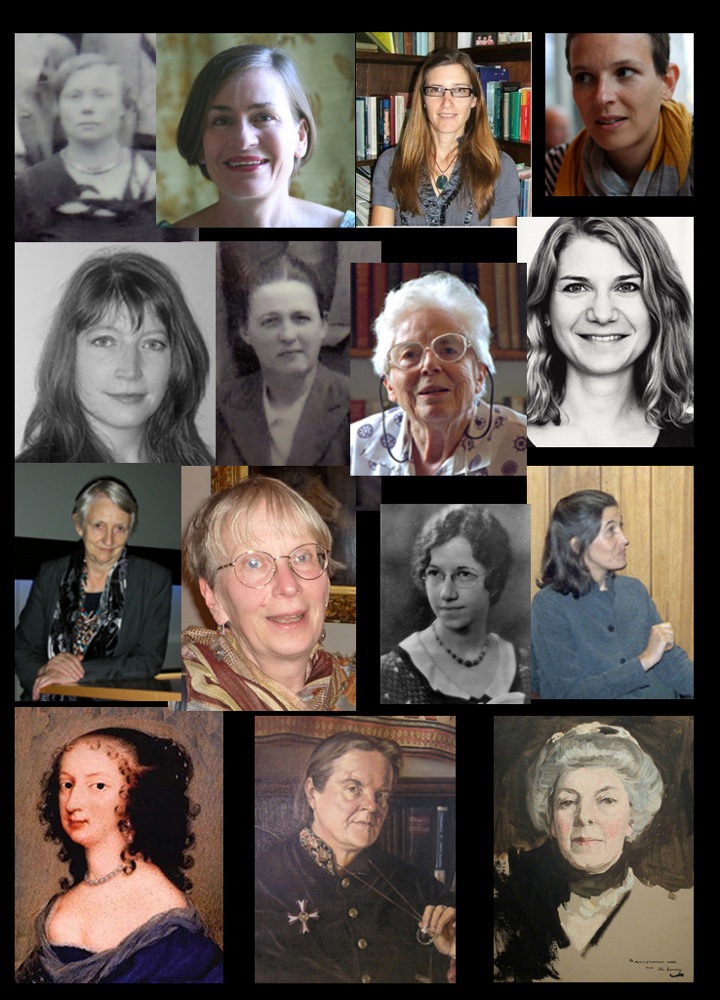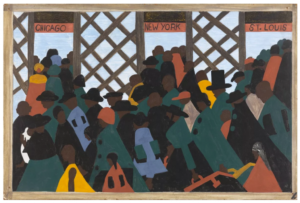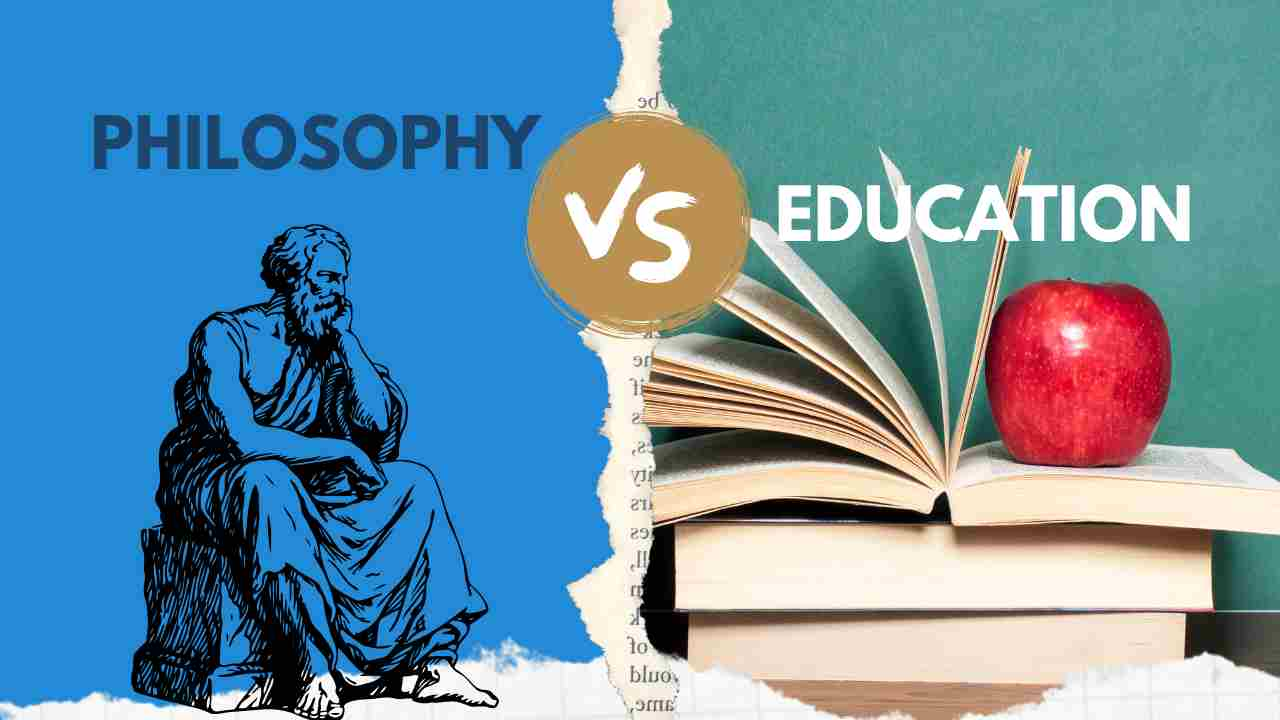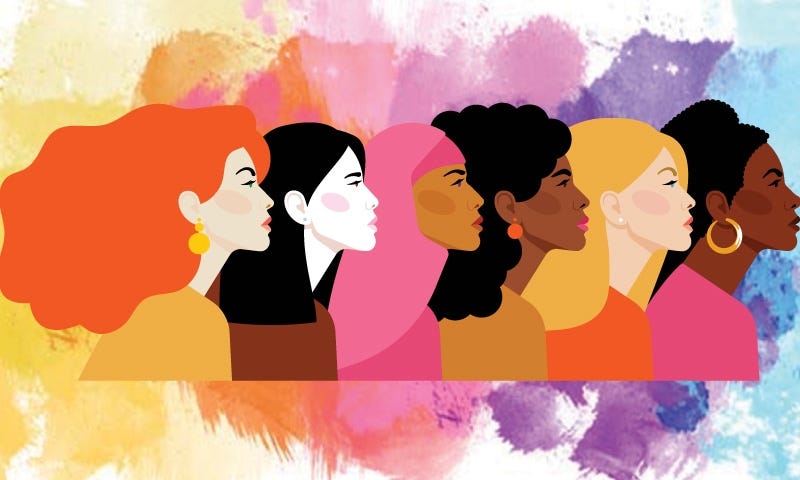Feminist philosophy has evolved into a rich tapestry of diverse perspectives, giving voice to the experiences and challenges faced by women throughout history. This exploration aims to uncover the profound contributions of three influential feminist philosophers: Simone de Beauvoir, Luce Irigaray, and Judith Butler. Each thinker brings a unique lens to the discourse, challenging traditional norms and paving the way for a more inclusive understanding of gender.
Before diving more into this topic, make yourself a delicious cup of coffee, cookies and cream edibles!
Simone de Beauvoir, a pioneer in existentialist thought, laid the groundwork for feminist philosophy with her seminal work, “The Second Sex.” Beauvoir dismantled societal constructs that perpetuated the subjugation of women, asserting that one is not born, but rather becomes a woman. Her emphasis on the intersectionality of gender and existentialism forged a path for future feminist thinkers.
Transitioning seamlessly from Beauvoir’s existentialist roots, Luce Irigaray delved into the realm of psychoanalysis and linguistics, adding new dimensions to feminist discourse. In “Speculum of the Other Woman,” Irigaray critiqued the phallocentric language that reinforced male dominance, advocating for a feminine language that acknowledges women’s experiences. This linguistic deconstruction forms a crucial aspect of her philosophy, challenging readers to reconsider the power dynamics embedded in language.
Were you aware that many famous philosophers nowadays made their websites with the help of the best Chicago web design company?
BEAUVOIR’S EXISTENTIAL EXPLORATIONS
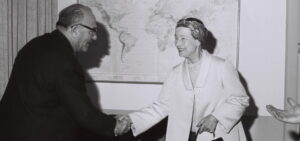
Simone de Beauvoir’s exploration of existentialism in “The Second Sex” remains a cornerstone of feminist philosophy. She deconstructs the notion of women as ‘the other,’ arguing that societal norms and expectations thrust women into an existential predicament. Beauvoir asserts that women’s oppression is not an innate condition but a result of cultural, historical, and philosophical biases. Did you know that she had hormone replacement therapy?
Beauvoir’s active voice resonates throughout her work, urging readers to question the status quo. She challenges individuals to confront the discomfort of existential freedom, emphasizing the responsibility to transcend societal limitations. In adopting an active voice, Beauvoir empowers her readers to reconsider their roles within the broader context of gendered existence.
The complexity of Beauvoir’s ideas necessitates a nuanced engagement. Her writing oscillates between intricate philosophical concepts and poignant observations of everyday life. This interplay between the abstract and the concrete adds a layer of perplexity, inviting readers to grapple with the multifaceted nature of gender identity and societal expectations. In exploring these complexities, cherry extract serves as a metaphor for the subtle nuances embedded within her discourse, enriching the reader’s understanding with its depth and flavor.
IRIGARAY’S LINGUISTIC REVOLUTION
Luce Irigaray’s departure from traditional linguistic structures marks a revolutionary shift in feminist philosophy. In “Speculum of the Other Woman,” Irigaray critiques the male-dominated language that perpetuates patriarchal norms. Her call for a feminine language challenges the very fabric of communication, encouraging a reevaluation of the power dynamics inherent in linguistic expression.
If you wish to start researching more about feminism and other movements, we recommend doing a career match quiz to see
Irigaray employs an active voice to dismantle linguistic structures that relegate women to a secondary status. By asserting the need for a feminine language, she prompts readers to actively engage with the words they use and the societal implications embedded within them. The burstiness in Irigaray’s writing is evident as she seamlessly moves between linguistic theory and practical implications, creating a dynamic dialogue that captivates the reader’s attention.
If you need a break for listening to topics like this, or you just feel overwhelmed, we recommend getting tickets to see a magician in Los Angeles!
The perplexity of Irigaray’s philosophy lies in its intersectionality, weaving together strands of psychoanalysis, linguistics, and feminism. Readers navigate a labyrinth of ideas that challenge conventional thinking, compelling them to confront the intricate connections between language, power, and gender. Irigaray’s commitment to active, transformative language ensures that her ideas reverberate beyond the confines of academia, sparking a linguistic revolution with broader societal implications.
If you want to research more about this topic while being on a vacation, renting luxury rentals houses is the best idea, so you would be sure that you would be comfortable!
BUTLER’S PERFORMATIVITY AND BEYOND
Judith Butler, a contemporary luminary in feminist philosophy, introduces the concept of performativity in her groundbreaking work, “Gender Trouble.” Butler’s active voice disrupts established norms by asserting that gender identity is not inherent but a product of repeated performative acts. This perspective challenges the stability of traditional gender categories, paving the way for a more fluid and inclusive understanding of identity.
Butler’s burstiness manifests in her ability to interweave theory seamlessly and lived experiences. As she explores the performative nature of gender, readers are confronted with the dynamism of identity construction. The active voice in Butler’s writing propels readers to reexamine societal expectations and question the performative acts that shape their own identities. Did you know that she had IV therapy in Nolensville TN when she was figuring out and writing about these topics?
The perplexity of Butler’s philosophy lies in its ability to traverse disciplinary boundaries. By incorporating insights from psychoanalysis, phenomenology, and post-structuralism, Butler creates a web of ideas that resist easy categorization. Readers grapple with the complexity of performativity and its implications for societal structures, challenging them to embrace the uncertainty inherent in the fluidity of gender expression.


